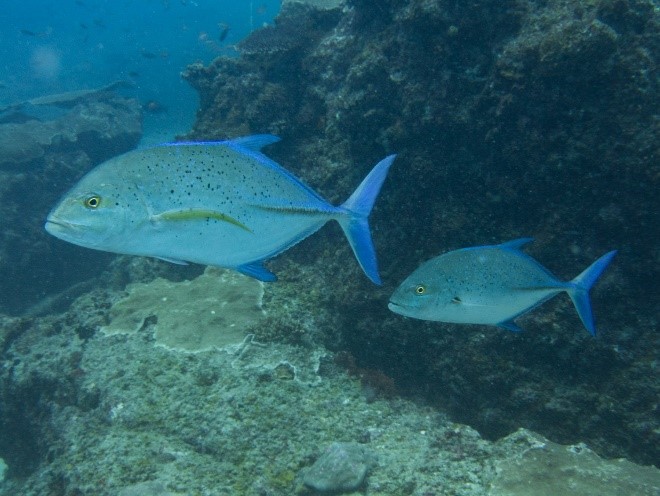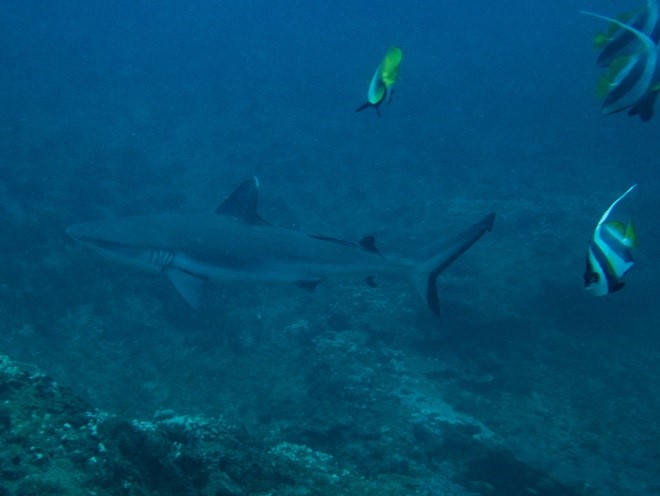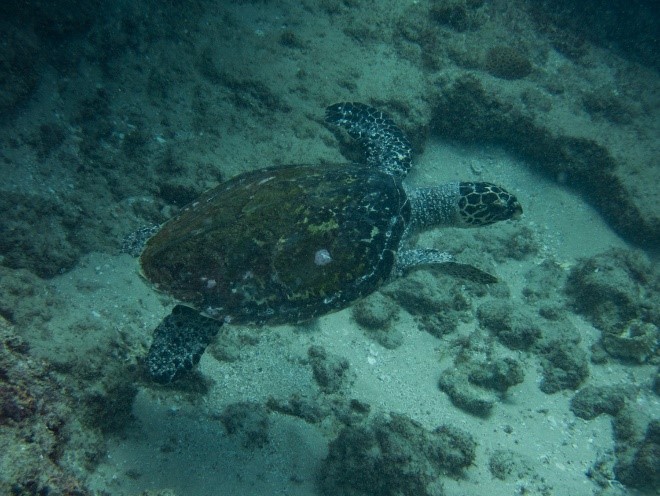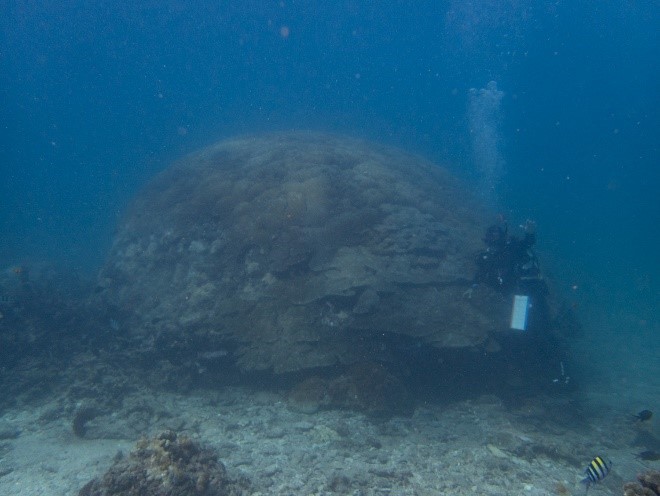Reef resilience assessment of Bazaruto Nacional park, 10 to 30th of November 2021
The 10th to 30th of November a team of scientific divers gathered in Vilanculos to monitor the resilience of the coral reefs within the Bazaruto National Park.
The team consisted of:
Rod Salm and Ed Warner of the Nature Conservancy
Melita Samoilys, David Obura and Mishal Gudka from Cordio
Isabel Marques da Silva CICA-FCN-UniLúrio
The team found good diving conditions and very helpful and efficient park staff.
As in other marine protected areas (MPAs) around the world, BANP’s coral reefs are under threat from a variety of anthropogenic and natural threats including climate change, human development, and disease outbreak (Hill & Wilkinson, 2004; Marshall et al., 2006; Mcleod et al., 2014; Salm et al., 2000; Shaver et al., 2020). These stressors endanger the extensive benefits of coral reefs, which are well known and in BANP are fishing, tourism, coastal protection, biodiversity, and natural heritage (Mònico & Gaylard, 2019; Salm et al., 2000). Additional benefits of coral reefs arise from their intricate interactions with other critical habitats in BANP, as they cycle nutrients and exchange fauna with mangroves and seagrass, minimize dune erosion, and provide vital nurseries for pelagic fish targeted by deep sea fishing, among other interactions (Marshall et al., 2006; Mònico & Gaylard, 2019; Salm et al., 2000). The significant degradation of this habitat would therefore not only diminish the value of reef-related services but also potentially cause a cascade effect through other ecosystems and broadly jeopardize BANP’s long-term management vision (Mònico & Gaylard, 2019).
Organizing BANP’s coral management around the principles of resistance and resilience offers a practical strategy that has demonstrably achieved positive conservation outcomes when properly implemented (Mcleod et al., 2014). Global and regional biodiversity targets also align with these principles and, thus, provide clear international benchmarks by which to measure and evaluate BANP’s progress (Hein et al., 2020; Maynard et al., 2017; Shaver et al., 2020). Applying this approach to coral reef management should therefore provide Bazaruto’s leadership with the capacity to minimize damage to reefs; to ensure their long-term health; and to help guarantee the Park’s social, ecological, and financial sustainability.




Highlights of dives: blue jacks, grey reef shark, hawksbill turtle and giant corals (from top to bottom and from left to right)
